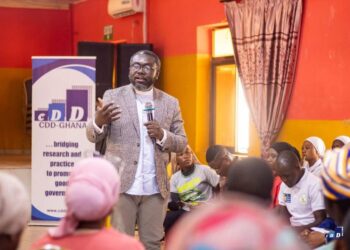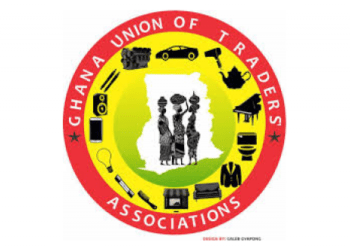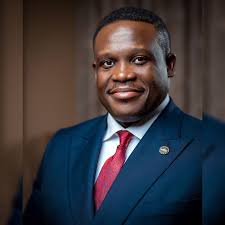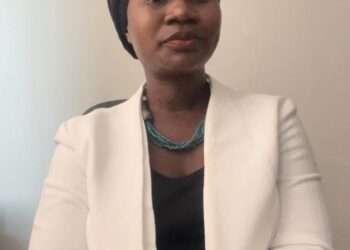The Ghana Catholic Bishops’ Conference (GCBC) and the Christian Council of Ghana (CCG) have expressed deep disappointment over their exclusion from the National Education Forum, set for February today, 18–19, 2025.
The two influential religious organizations noted that, despite being key stakeholders in the educational sector, they were not invited by the Ministry of Education.
In a joint statement, the GCBC and CCG highlighted their concern about being left out of discussions that will shape the future of education in Ghana.
“As key stakeholders in the educational sector, particularly in the provision of quality education through our schools, we are perplexed by the omission of our contributions to discussions that are pivotal to the future of education in Ghana.”
GCBC and CCG
While acknowledging that some organizations linked to their institutions were included in the forum, they argued that this did not equate to direct representation.
The GCBC and CCG emphasized their historic role in Ghana’s education system and stressed that their schools have significantly contributed to educational development, fostering discipline, academic excellence, and moral integrity.
They pointed out that faith-based institutions have long been at the forefront of Ghana’s educational landscape, offering educational opportunities to students from all backgrounds, often in underserved and rural communities.
Call for Fair Representation
Furthermore, the two religious bodies expressed that their exclusion from the forum undermines the spirit of collaboration required for successful educational reform.
They stressed that national conversations on education should involve all relevant stakeholders, including religious groups, educators, and parents, to ensure policies reflect Ghanaian values and aspirations.

They further lamented that their absence from the discussions is “a disservice to the broader educational community and to the ideals of inclusivity and shared responsibility in national development.”
According to them, faith-based organizations have long played a critical role in shaping Ghana’s education system, particularly in delivering quality education to children regardless of their background or religious beliefs.
Their schools have not only provided academic excellence but have also instilled moral and ethical values in students, contributing to the nation’s overall development.
Accordingly, they called for a more inclusive approach, urging the government to acknowledge their contributions and include them in discussions that affect national education policies.
Urging Government to Reconsider
In their statement, the GCBC and CCG urged the government to rectify the situation by extending an invitation to their institutions and other excluded stakeholders.
“We call on the Government of Ghana, through the Ministry of Education, to reconsider this exclusion and extend an invitation to the GCBC, CCG, and other relevant bodies to ensure that this forum reflects a truly inclusive dialogue on the future of education in our country.”
GCBC and CCG

They reiterated their commitment to working alongside all stakeholders to strengthen Ghana’s education system, ensuring it remains inclusive, equitable, and aligned with the moral and spiritual well-being of the nation.
They argued that religious organizations bring unique perspectives and resources to the table, which could enhance policy-making and implementation in the education sector.
The organizations further underscored that meaningful educational reform can only be achieved through genuine consultation and partnerships.
They expressed their willingness to engage in dialogue that would promote high-quality education in Ghana and contribute to national development.
Without inclusive participation, they warned, policies risk being detached from the realities faced by educators, students, and parents.
Standing Firm for Inclusion
Moreover, the GCBC and CCG reaffirmed their dedication to fostering constructive conversations for the advancement of Ghana’s education system.
As such, they made a strong call for fairness and inclusivity in the formulation of education policies, including all vital stakeholders in the education sector.

“We stand ready to engage in constructive dialogue for the betterment of education in Ghana. We trust that our call for inclusion will be heard and that the principles of fairness and inclusivity will guide the ongoing development of education policy in our beloved country.”
GCBC and CCG
Their stance has sparked conversations about the role of religious organizations in education policy-making and whether their contributions should be more formally recognized.
With the forum fast approaching, all eyes are now on the Ministry of Education to see whether it will heed the call for inclusivity.
Experts in the education sector have also weighed in on the matter, noting that excluding any major stakeholders could lead to gaps in policy formulation and implementation.
They argued that religious institutions have historically provided some of the best educational services in Ghana and should not be sidelined in discussions that directly impact their schools and students.
READ ALSO: Ghana’s Economic Stability: Government Urged to Walk the Talk





















